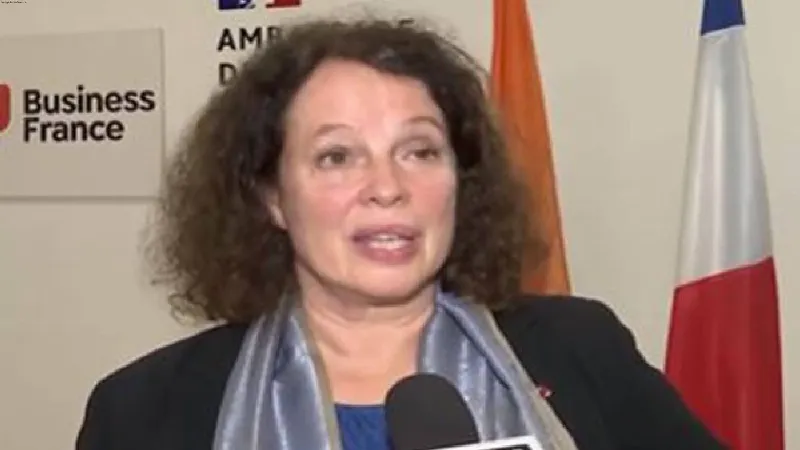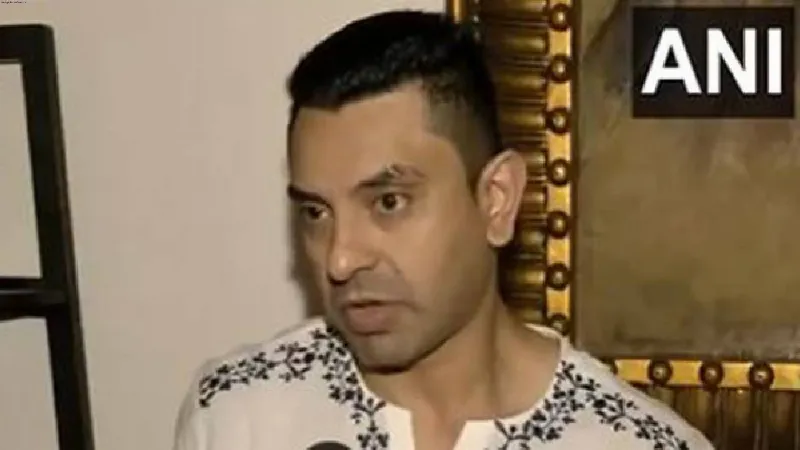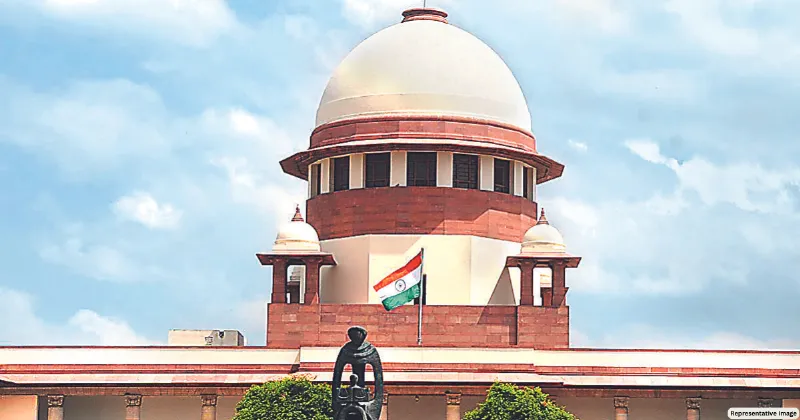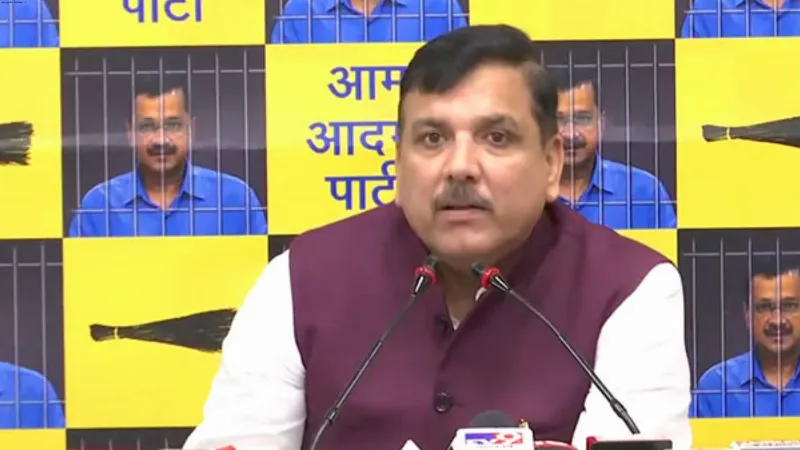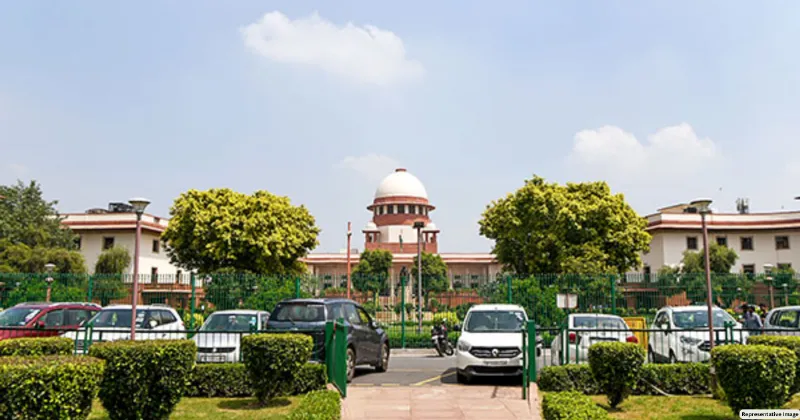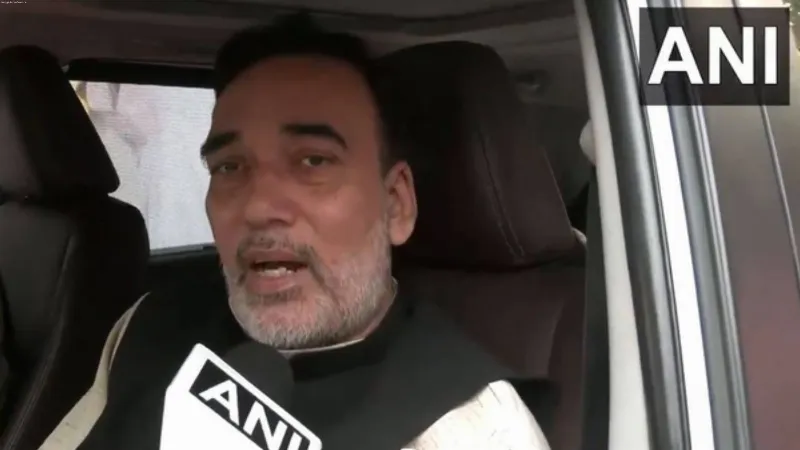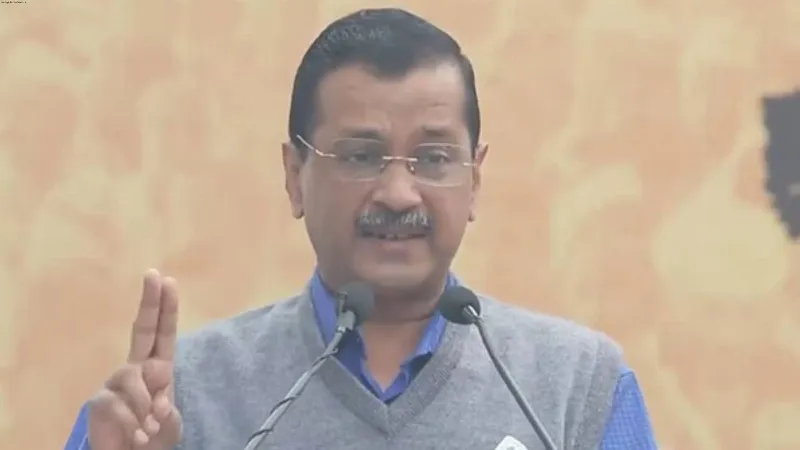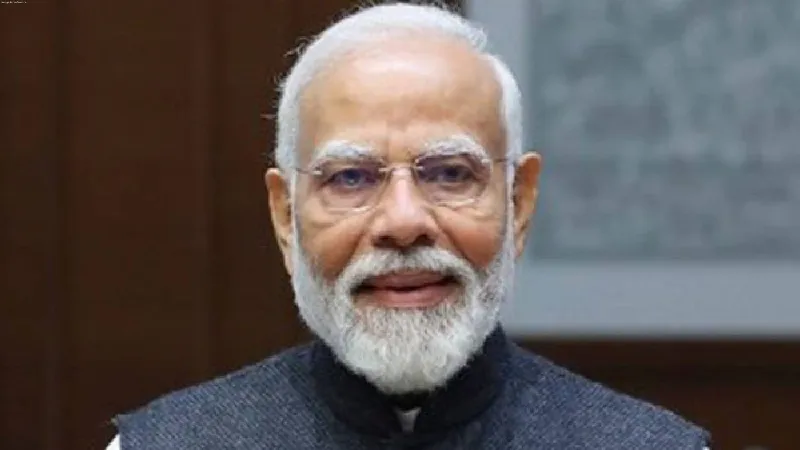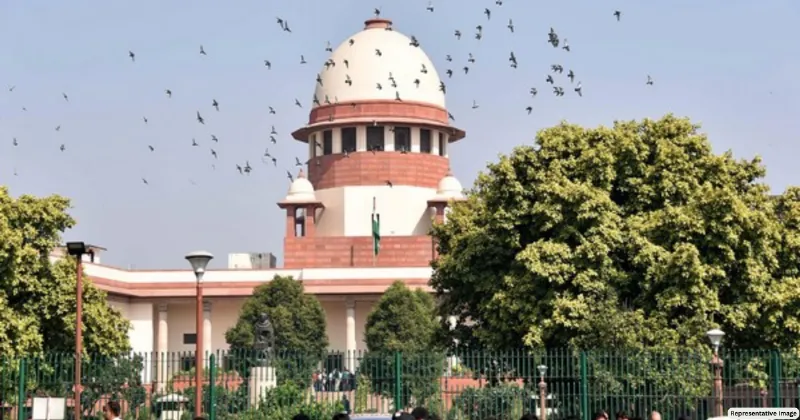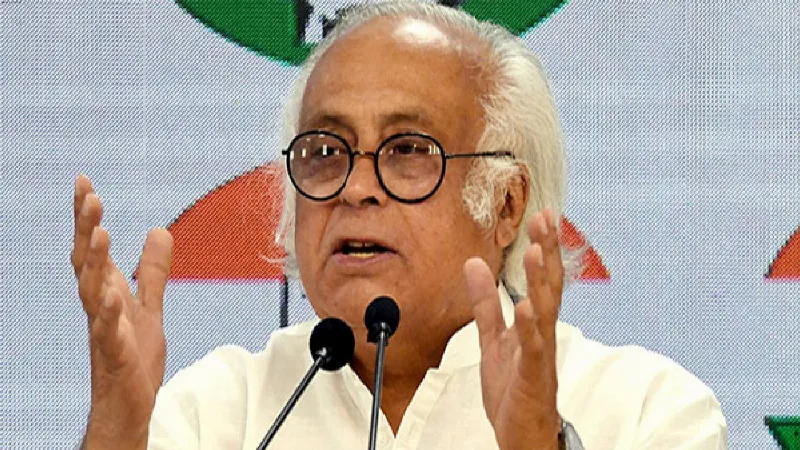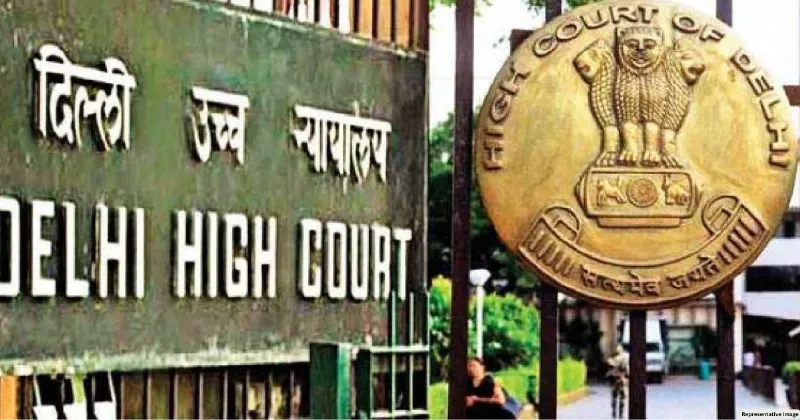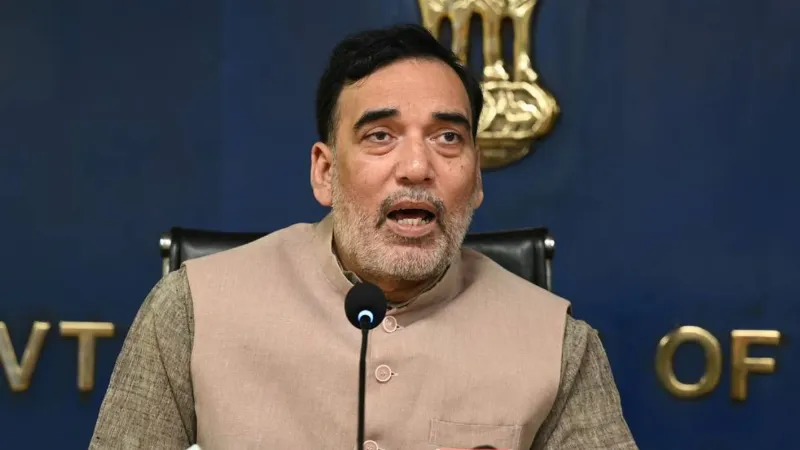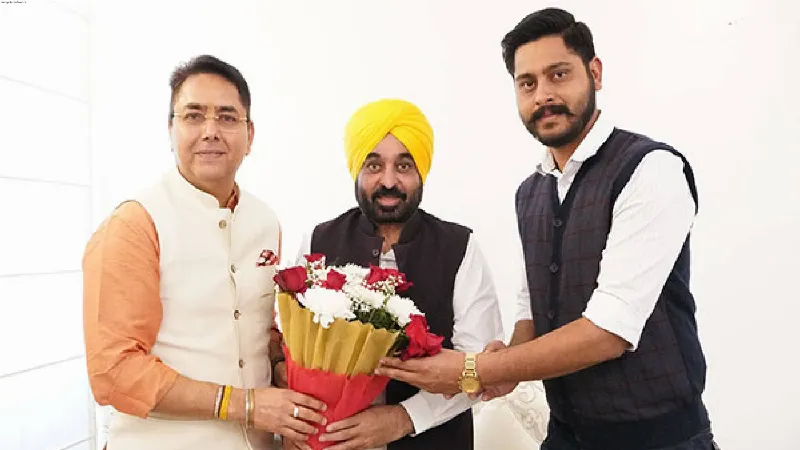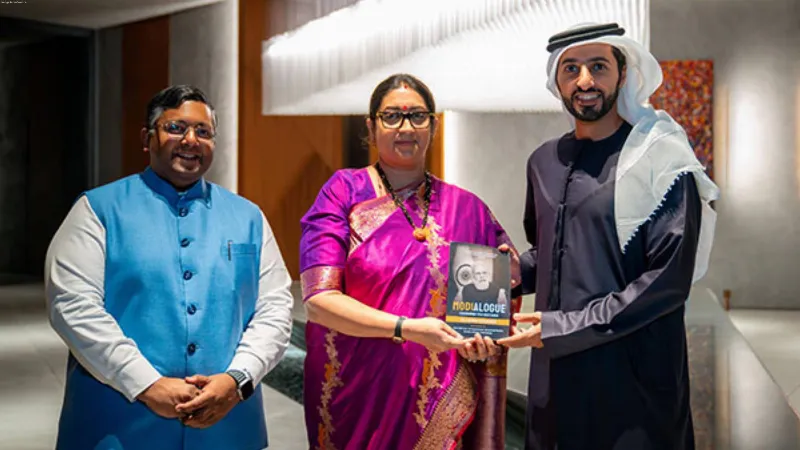AIIMS launches AI-based platform for Cancer Diagnosis
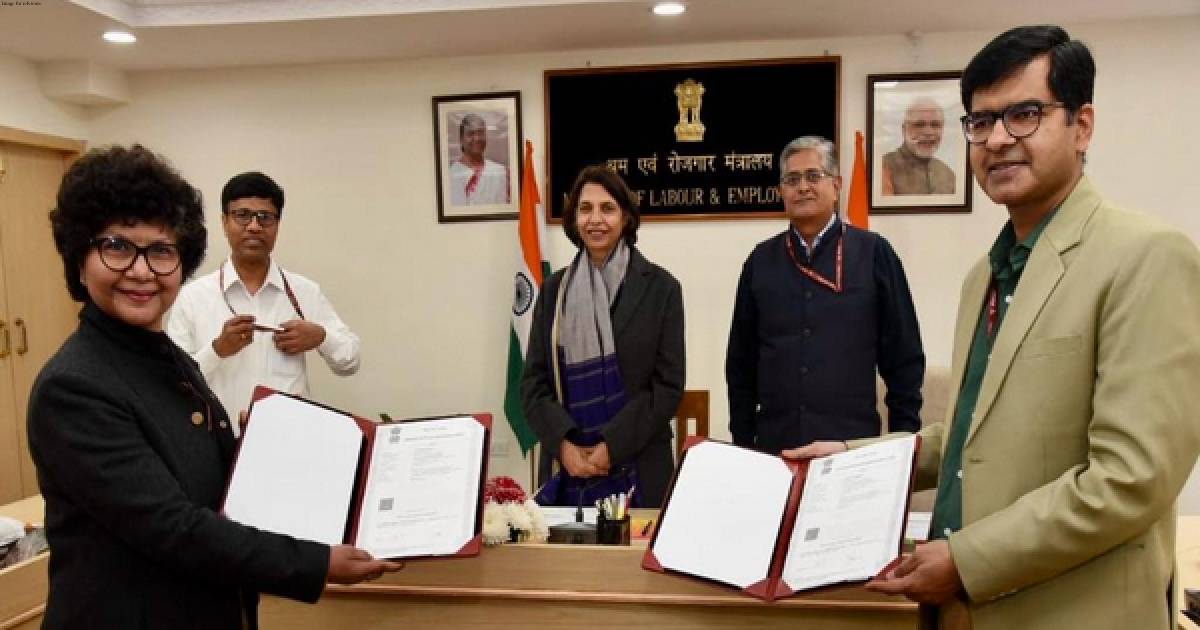
New Delhi: To exploit the power of AI in healthcare, AIIMS, New Delhi, in collaboration with the Centre for Development of Advanced Computing (CDAC), Pune, has recently launched an AI platform, iOncology.ai, for facilitating early detection of Cancer, the official statement released by AIIMS Delhi said.
Cancer is globally estimated to be the most fatal disease than those from cardiovascular (Lancet, 2019) in high-income countries (HICs), and middle-income countries (MICs).
According to the Global Cancer Observatory (GLOBOCAN) estimates, there were 19.3 million incident cancer cases worldwide for the year 2020. India ranked third after China and the United States of America.
A recent study published in the Lancet predicted that cancer cases in India would increase to 2.08 million, accounting for a rise of 57.5 per cent in 2040 from 2020. In India, over 8 lakh deaths were caused due to Cancer in the year 2022. Late detection of cancer remains the main cause of death.
It is globally estimated that out of 80% of cases reported late, only 20% survive. However, 20% of cases detected at an early stage have a survival rate of 80% or higher. Early diagnosis is thus the key to reducing fatalities due to Cancer. One of the key issues in manual diagnosis of cancer is reporting false negatives, meaning falsely declaring a cancer patient as healthy.
The use of AI significantly helps in reducing such false negatives.
According to the official statement released by AIIMS Delhi, at the core of this platform lies a sophisticated AI system capable of analyzing complex medical data, including diagnosis, with unprecedented accuracy and efficiency. iOncology.ai platform encapsulates deep learning models.
As the volume of data, both clinical and radiological/ histopathology images, increases, this platform thus has the capability of Self-learning to constantly improve its outcome.
As breast and ovarian cancers are reported to be the most common cause of cancer amongst women in India, the first application of the iOncology.ai platform has been done by AIIMS in these two domains.
Accordingly, the Learning Models used by the platform have been specially tailored for early detection of breast and ovarian cancer.
The present system has built a large data set of about half a million radiological and histopathological images. This data has been collected during the examination and diagnosis of about ~1500 patient cases of breast and ovarian cancer over a period in AIIMS.
The AI platform was successfully used by the Department of Gynaecology and Dr Brarich/NCI of AIIMS on actual patients to validate the clinical examination and diagnosis.
Encouraged by its success, the AI platform has since been implemented at 5 district hospitals in the country.
The AI platform was showcased recently at the Med-Hackathon event during Research Day celebrations at AIIMS on 30th January. More than a hundred participants (Clinicians as well as Researchers) interacted with the iOncology.ai platform and showed keen interest in this innovative development.
The platform's user-friendly design and robust performance with a high level of accuracy were highly appreciated by the visiting Cancer experts during this event. Based on the response of these experts, AIIMS is looking forward to partnering with several other Cancer hospitals and research centres in the country. As this is an indigenously developed technology, it will be easy for AIIMS to make this platform available to these organizations.
iOncology.ai platform is the outcome of a successful collaborative R&D initiative of the Ministry of Electronics & Information Technology with AIIMS, New Delhi, and CDAC, Pune.
Earlier, the Department of Rheumatology, AIIMS New Delhi signs a Memorandum of Understanding (MoU) with DGE Minister of Labour & Employment, Govt of India on Thursday at 3.15 pm in Shram Shakti Bhawan, New Delhi.
According to the official statement by AIIMS, the MoU with DGE is anticipated to bring a ray of hope to patients with disabilities arising due to rheumatological disorders by addressing various aspects of their challenges.
The MoU will help in instilling hope in patients regarding their livelihood. It may provide institutionalised support for their economic upliftment and offer better opportunities for vocational rehabilitation, thereby fostering resilience among the patients.
Patients with rheumatological diseases often possess employable skills but lack the necessary certifications. Through collaboration with the National Career Service Centres for Differently Abled (NCSC-DA), MoU aims to help these individuals obtain certifications for their skills, enhancing their chances of gainful employment. Furthermore, training in various industrial trades based on their residual skills can open doors to new opportunities.
The chronic nature of rheumatological illnesses often leads to significant caregiver burden among family members and relatives. Economic independence resulting from the MoU's initiatives is expected to alleviate this burden, providing relief to the caregivers and empowering the patients.
The MoU creates opportunities for patients with disabilities to participate in job fares organised by NCSC-DA enabling them to secure gainful employment and progress in their careers. This aligns with the recent advances in the employment landscape made by the Directorate General of Employment, offering new avenues for such patients.
Stressors associated with rheumatological diseases have been linked to poor control of disease despite optimum therapy. The better economic prospects facilitated by the MoU are anticipated to improve the overall quality of life for these patients, their relationships, educational status, work environment, social status, wealth and a sense of security and safety.
This MoU with DGE holds the promise of significantly improving the lives of patients with disabilities developing as a consequence of rheumatological diseases. By instilling hope, and providing opportunities for skill certification and gainful employment, it will reduce caregivers' burden and enhance the overall quality of life of such patients. This collaboration is poised to bring about positive and meaningful changes for these individuals with rheumatic diseases with disabilities.
Prof (Dr ) Uma Kumar who signed the MoU on behalf of AIIMS lauded the efforts taken by the Director General of Employment, MoLE towards employment of Persons with Disabilities (Divyangjan).
The event was attended by Prof (Dr) M Srinivas, Director AIIMS, New Delhi; Arti Ahuja, Secretary M/o Labour & Employment, Govt of India; Ramesh Krishnamurthi, Additional Secretary MoLE, and Amit Nirmal Deputy Director General (Employment), MoLE, Govt of India.
Rheumatological disorders are one of the top 10 reasons for total disability. Patients with rheumatological disorders often face significant challenges, including the development of disabilities despite receiving appropriate treatment.
Psychological trauma, societal stigmatization, and the burden of increasing medical costs further exacerbate their struggles.
Additionally, the lack of vocational opportunities and impact on education and vocation, particularly for those with juvenile onset diseases, contribute to their overall hardships.
We have seen locomotor impairments in Spondyloarthritides, Rheumatoid Arthritis, Psoriatic Arthritis, and Juvenile Idiopathic Arthritis. There have been visual impairments in certain immune-mediated diseases like Systemic Lupus Erythematosus, Vasculitis, Sjogren's Syndrome etc.
With Neuropsychological involvement, there have been cases of intellectual disabilities too. The need for lifelong treatment adds to the economic burden on the family. Many a time these patients are left unattended even by their families.

